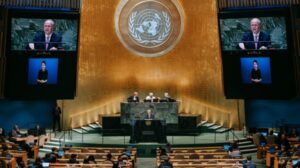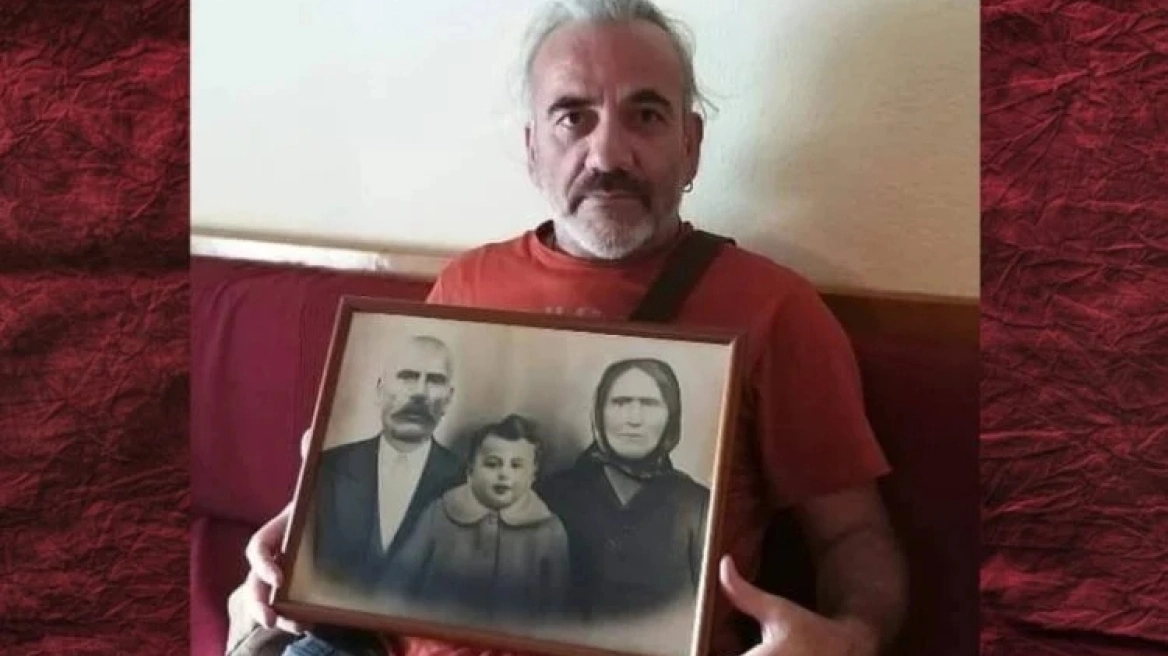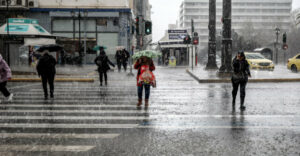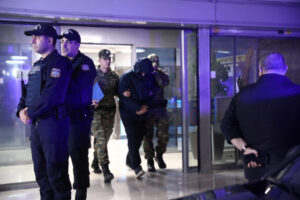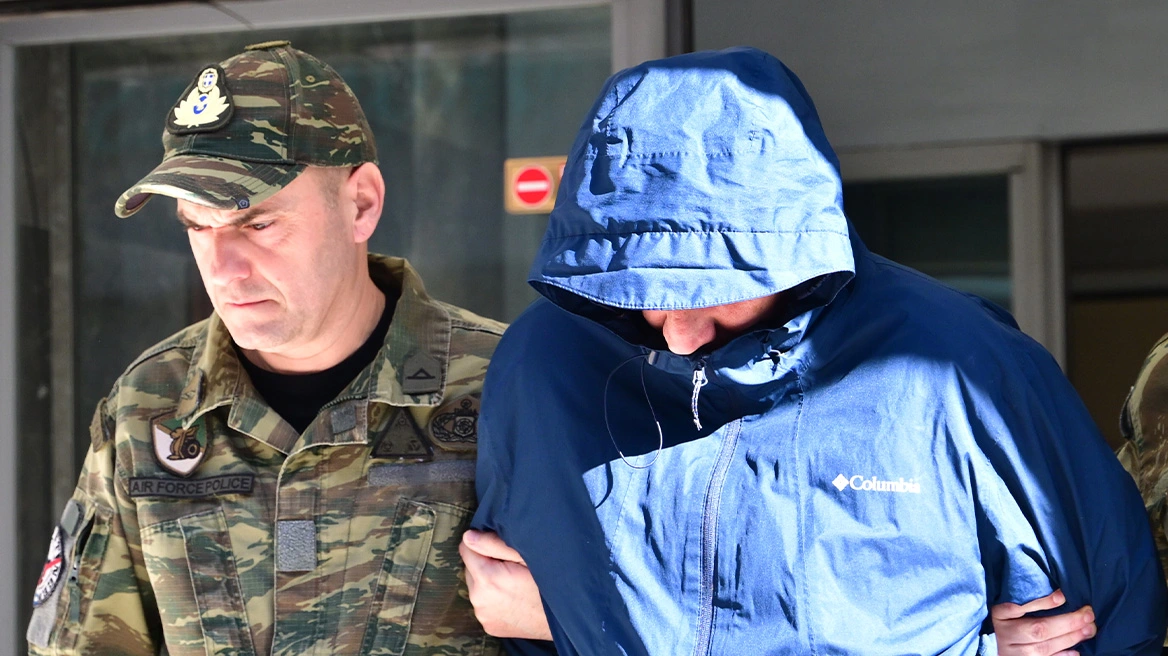When hotel rooms in Manhattan cost $700 per night, streets close, and the city fills with motorcades of limousines, New Yorkers know it’s time for the world’s largest diplomatic summit. More than 140 heads of state and government are scheduled to speak at the annual UN General Assembly in the city.
One of them, Ukrainian President Zelensky, aims to use the platform to push forward his plan for victory against Russia. Another, Israeli Prime Minister Benjamin Netanyahu, intends to defend Israel’s war in Gaza, which has drawn increasing international criticism.
Biden’s Farewell
This General Assembly may be an emotional one for President Biden, as it could be one of his final appearances on the international stage. Biden is expected to highlight the return of the U.S. to important global agreements, contrasting his diplomatic approach with that of his predecessor, Donald Trump, who was highly critical of the UN.
However, Biden may also face criticism over the humanitarian catastrophe in Gaza, with the U.S. often shielding Israel by vetoing resolutions in the UN Security Council.
Wars Dominate the Agenda
The high civilian death toll in Gaza is likely to be a major topic in speeches and bilateral talks between world leaders. Netanyahu’s speech, expected later in the week, could spark controversy, as many UN member states criticize or openly oppose Israel. In protest, some representatives might even walk out during his address.
Zelensky is concerned that the Middle East tensions could overshadow Ukraine’s struggle. To keep attention on the war in his country, Ukraine has called for an additional Security Council session to discuss Russia’s aggression. Zelensky plans to promote his victory plan in both bilateral meetings and public speeches, hoping to secure further political and military support from allies.
Even the often-overlooked crisis in Sudan is expected to see some progress, with high-level meetings scheduled to address the violent power struggle in Africa’s third-largest country.
“Poisoned Atmosphere” in the Security Council
Despite the high-profile attendance, the international community seems less capable than ever of solving global problems together, as reflected in the Security Council, where the veto power of the U.S., Russia, China, France, and the UK can block any action.
“The atmosphere in the Council is poisoned,” said Slovenia’s UN ambassador, Samuel Žbogar. While everyone agrees on the need for reform, there’s little consensus on what those changes should be.
Concerns Over Donald Trump
Although no one is discussing him publicly, former President Donald Trump is a major topic of private conversations. His potential victory in the next U.S. presidential election has UN officials worried. A Trump win could mean U.S. withdrawal from UN organizations or drastic budget cuts that might push the UN to the brink of insolvency. The U.S. is the largest contributor to the UN, which is already struggling with financial constraints.
Debut for Starmer and Pezeshkian
On Thursday, UK Prime Minister Keir Starmer will deliver his first speech at the UN, marking his debut on the international political stage. Similarly, Iran’s new president, Masoud Pezeshkian, is expected to make an appearance, potentially seeking a rhetorical rapprochement with the West. However, this will be challenging, given Tehran’s military support for Russia. As usual, Russia will be represented by Foreign Minister Sergey Lavrov, while China will send its Foreign Minister Wang Yi.
Even the smallest steps toward progress on the many unresolved global issues will be considered a success. The low bar for global peace is reflected in UN Secretary-General António Guterres’ response when asked how close we are to a third world war: “I still believe there are conditions to avoid it,” Guterres said.
Ask me anything
Explore related questions
